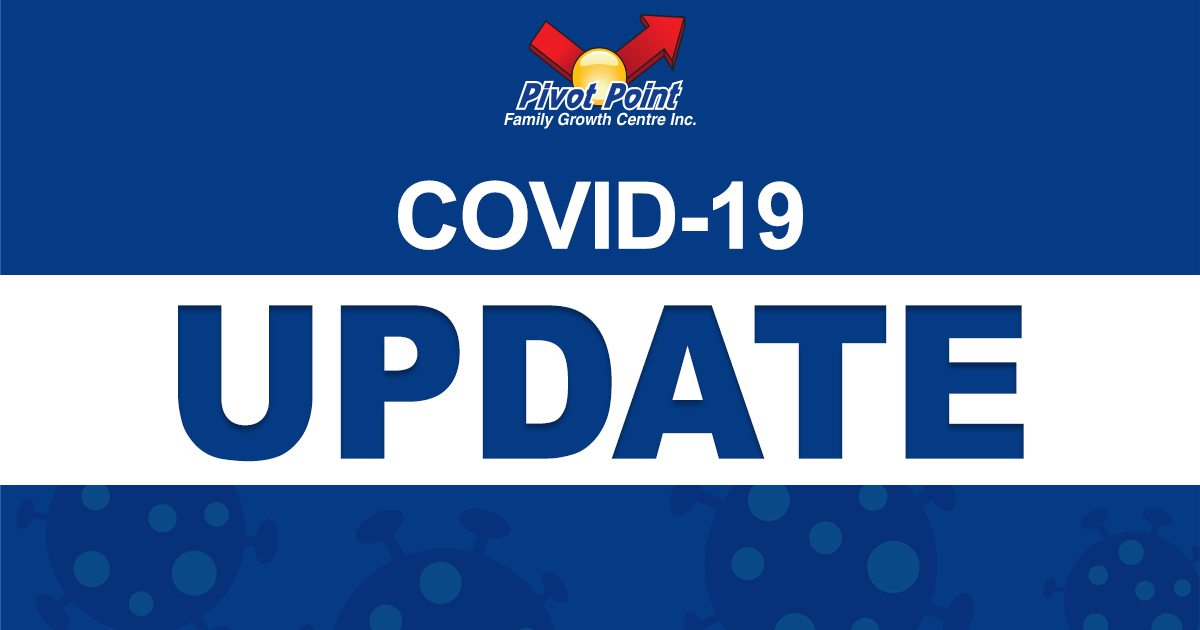Behavioral Consulting
1. What to expect from a BC
There has been a significant increase in the demand for behavior consulting services over the past few years. Many factors have led to this increase, such as mandates that schools conduct Functional Behavioral Assessments, the National Academy of Science determining that behavior analytic treatments are empirically supported for Educating Children with Autism, and sadly an increase in the number of individuals needing such services (the CDC is now saying 1 in 150 children will receive the Autism Spectrum Disorder [ASD] diagnosis).
First, parents should know what a Behavior Consultant does and how that is different from more traditional psychological, psychiatric, and medical services.
2. Qualifications & BCBA status
A behavior consultant should have a bachelor’s degree working towards their masters or doctoral degree in applied behavior analysis, or in a closely related discipline (e.g., psychology, special education, human development) with an emphasis in applied behavior analysis: Many excellent Behaviour Consultants are currently pursuing this level of education and training and have extensive experience with autism and other childhood disorders. A behavior consultant should also have extensive supervised experience implementing behavior analysis interventions for people with special needs.
BCBA stands for “Board Certified Behavior Analyst” and is a credential, or standardization of professional Behaviour Consultancy, that began the early 1990’s. Established and maintained by the Behaviour Analyst Certification Board (www.BACB.com), BCBA is now an internationally recognized professional designation for Behaviour Consultants in over 26 countries around the world. It is an attempt to provide minimum standards for what constitutes being qualified to practice behavior analysis. There are approximately over 4500 people certified by the board. There are people who hold the BCBA™ credential working in over a dozen countries around the world and there are approved university courses springing up in places all over the USA and Canada and beyond. The BCBA™ credential is fast becoming recognized by many health care funders, for example, TriCare, the United State Military’s health insurance, pays for ABA services for children with Autism if they are delivered by a practitioner certified by the BACB™ . Similarly, several states in the US have enacted reimbursement policies that reimburse a client at a higher rate for BCBA™ delivered services than they do for those of licensed doctoral-level psychologists (e.g., Alabama).
In British Columbia, all Behaviour Consultants working with children with ASD under the age of 6 must be listed on the Registry of Autism Service Providers (“RASP”), as maintained by Autism Community Training at www.ActCommunity.net . Although the RASP does not accept professionals with a BCBA credential without extensive experience in autism spectrum disorders, the BCBA credential alone provides rigorous qualification confirmation, especially for those families and children needing a behavioral consultant.
It is important to address the issue of the BCBA™ credential and Autism. A professional can be a BCBA without any experience or training in ASD and likewise, a professional can be extensively trained in working with individuals with ASD and not be a Board Certified Behavior Analyst. In other words, simply having BCBA™ credentials does NOT mean that the person is an expert on Autism. The point to realize, however, is that Applied Behavior Analysis (ABA) is an approach to human behavior and learning that is not defined by a single diagnostic issue like Autism. As such, having the BCBA credential is an extensive confirmation of training in Applied Behavior Analysis. To further recognize a Behaviour Consultant as an expert on Autism in British Columbia, that professional will need to be listed on the RASP list, which is an extensive confirmation of training and experience in working with young children with ASD and their families.
3. Ethical considerations
Behavior Consultants should be following the ethical principles of the American Psychological Association (APA), whether or not they are licensed psychologists or members of APA, and/or the ethical codes of their respective affiliated chapters of the Association for Behavior Analysis. Please see the Behavior Analysis Certification Board‘s ethical standards and required code of conduct for more information. Among other things, these ethical guidelines require professionals to provide only those services for which they have the appropriate training and experience. Behavior Consultants should also be adhering to the Right to Effective Treatment statement of the Association for Behavior Analysis (Behavior Analysis Association of Michigan)
4. Common & expected practice
At Pivot Point, our Behavior Consultants try to observe the child with special needs where the child lives, works, or goes to school, at least a few times at the start of and throughout the initial phase of assessment. Following the observations, the BC will conduct a parent/caregiver interview to gain the needed information for the assessment process. Here the BC will look for information on the child’s current levels of performance, behavioral concerns, possible reinforcers, school collaboration, etc. After the interview, the BC will conduct an informal summarized assessment to develop the first draft of programs for the child. This summarized assessment is based on the learning domains found in the PEP-3. To complete the initial assessment, as well as periodically throughout treatment, the BC will conduct a comprehensive skills assessment (for early intervention we use the ABLLS-R, for school age children we use the Vineland, SSRS, and/or the Scales of Independent Behaviour-Revised) to help establish curriculum and track skills and progress throughout intervention.
5. A clinical team
The primary focus of our clinical programming is to let the expertise of our professional “clinical team” including highly experienced Program Supervisors, working with well trained and supervised Behaviour Consultants (and where necessary, along with Speech and Language Pathologists, Occupational Therapists, Clinical Counsellors, and Psychiatrists) to provide a thorough analysis of the child’s communication, language, and learning skills, to identify teaching and goal priorities, and to provide ongoing direction and support regarding the treatment plan. From the early learner, to the more advanced learner, the treatment plan is designed to be flexible. Learner profiles will vary in scope and service. The focus of the service agreement is drafted to accommodate this variety. The early learner, for example, is a child who is at an introductory level in the intervention process and will need a certain level of programming and communication training to begin with. The intermediate learner is a child who might demonstrate various language and learning skills yet continues to require the development of additional basic social skills, self help, and independence building. The advanced learner is a child whose needs encompass advanced language skills and the qualities to bridge skill acquisition into novel experiences, interact with peers, function independently in the home and school environment, and will eventually require self management and executive function programming. The BC, through ongoing assessment and analysis, will provide programs and treatment plans for each child on an individualized basis to support the development of the child’s fullest potential as an independent person.
6. Varying structures for varying needs
The Behavior Consultant will often provide a variety of services to families and program teams to facilitate individual intervention programs for each child we serve. The Behavior Consultant will provide the framework and training to implement behavior analytic strategies and techniques along with the necessary child and data analysis to move the program forward appropriately. This might include ongoing training and support to the parents and others working with the child, continuous data analysis and program development, and monitoring of the implemented strategies among frontline staff and family members. An effective program will have continual change and growth; therefore, the ongoing consultative services remain flexible to accommodate the necessary elements of the child’s individualized intervention programs.
7. Data-driven programming
The Behavior Consultant will develop a system for collecting objective data about the skills and needs of the child, and train the intervention team (BI’s, CCW’s, etc.) to implement it. Data collection is a very important piece to an ABA-Home program. Not only is data collection part of what is considered best practice in working with children with special needs, data collection is required to make objective data-based decisions with regards to a child’s progress or lack thereof. Data collection can ensure that there is reliability and validity incorporated into the child’s program. Not only will the daily frontline staff know what a child knows, but any other professional on the team or outside of the PP team will be able to see exactly where the child’s current levels of performance reside.
8. Solve behaviour problems and learning barriers
The Behavior Consultant will conduct a functional assessment or functional analysis when applicable of any problem behavior to determine why the problem occurs. The BC will also seek input from caregivers and other professionals, where appropriate, in developing the intervention plan. The BC will then develop an intervention plan, based on the functional assessment results, that addresses the factors in the child’s physical and social environments that contribute to the problem. The Behavior Intervention Plan (BIP) should include training to help the child develop appropriate and useful skills (instead of using a “problem behavior” to get what they want), but may also include other intervention procedures. The BC will directly train caregivers, BI’s, CCW’s, and/or teachers to implement the intervention plan. The BC will observe the staff and team members implementing the intervention plan and provide feedback. The BC will modify the plan as needed to ensure its continued effectiveness, based on direct observational data.
The Behavior Consultant will share data and collaborate with other professionals involved in the child’s care team. For example, Psychiatrists might find the data and anecdotal reports to be helpful in determining the child’s medical plan if the child is receiving medication for the problem behavior or related conditions. Similarly, a psychologist conducting diagnostic assessments may ask for summaries of the child’s current levels of performance when developing a comprehensive diagnostic evaluation. The BC will also share data with family members and caregivers to relay needed information for generalization planning. Finally, the BC may seek consultation from other professionals when needed and use the data as a means to support the outside consultation.
9. The best long term plan
Behavior Consultants should not focus mainly on reacting to “problem behavior”, unless a crisis or other particular circumstances warrant this focus. Focusing mainly on reacting to “problem behavior” will not help prevent it from happening in the future and does not represent current best practice. Applied Behavior Analysis focuses on increasing functional behaviors such as play skills, communication skills, language development, cognitive and academic support, fine motor and gross motor skills, self help skills, and social interaction as well as decreasing challenging or undesirable behaviors.
Crisis situations require another plan of action. The BC will develop an emergency plan of action to help ensure that there is no further danger directed towards the child, the family, or the family’s living environment. In the case of an escalating behavior problem that requires immediate action, treatment should address both immediate concerns and preventive strategies.

 Ontario Regional Manager
Ontario Regional Manager


 Adult Services & Transition Planning Program Manager
Adult Services & Transition Planning Program Manager Complex Care Program Manager
Complex Care Program Manager


